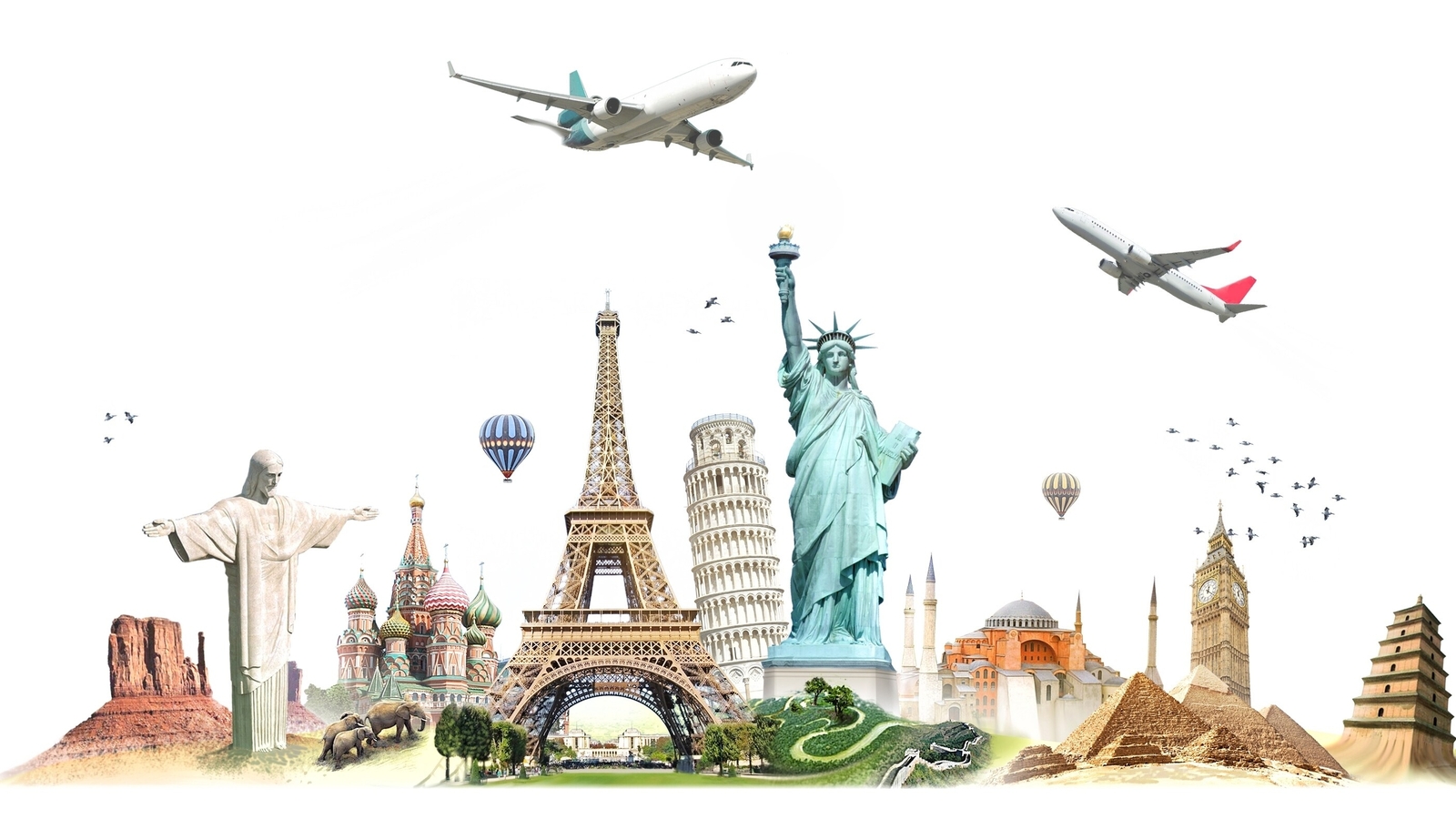European companies take evasive action as Trump tariffs hit, brace for second wave

*
European firms poised for tariffs, plan supply chain adjustments
*
Tariffs of 25% on Canada, Mexico affect Europe indirectly
*
Trump threatens EU with similar tariffs on cars, other goods
*
EU leaders urge talks, vow unity against potential US tariffs
By Adam Jourdan, John Revill, Victoria Waldersee and Giselda Vagnoni
LONDON, – European companies, from Swiss chocolatiers to German car parts makers, are preparing their ‘plan Bs’ to adapt to U.S. trade tariffs that became a blunt reality on Tuesday, with a second barrage specifically targeting the region expected next month.
U.S. President Donald Trump imposed hefty 25% tariffs on imports from Mexico and Canada, along with a doubling of duties on Chinese goods to 20%, moves which could upend nearly $2.2 trillion in two-way annual U.S. trade.
European companies are caught in the middle for now, but face the prospect of a second barrage of tariffs targeting the bloc in April, with Trump having floated a 25% “reciprocal” rate on European cars and other goods.
Switzerland’s Lindt & Spruengli, which has several factories in the United States, may shift the supply chain to these plants towards Europe and reduce supply coming from Canada to avoid the impact of Trump’s tariffs.
“The volumes that we source currently for Canada can all be shifted to Europe,” CEO Adalbert Lechner told reporters.
“So far, we have a Plan B to avoid these tariffs in Canada.”
ADJUSTING SUPPLY CHAINS
German tire and auto parts maker Continental AG, which has plants in Mexico, said it was “monitoring” the situation on tariffs and their impact on the sector. It plans to “optimize” its supply chain to get best value for its clients.
“We are in talks with all of our customers. We cannot yet say whether this tariffs issue could lead to production lines being relocated,” Continental chief financial officer Olaf Schick told Reuters.
The firm has seven plants in Mexico, one of which is being closed. Schick said 90% of truck tires were produced in the U.S. market and 50% of car tires, with the rest imported mainly from Europe, but also from South America and Mexico.
“Our position is that we cannot absorb additional tariffs. As far as our suppliers are concerned: we generally source locally,” Schick said.
While tariffs have dominated corporate America’s discussions, European companies are not yet directly in the line of fire. But they are increasingly concerned about potential tariffs impacting cars and other exports in early April.
Cristiano Fini, president of Italian farmers lobby CIA, said possible tariffs on Europe could cause “billions of dollars of damage” to the Italian food sector, hitting producers of items from Parma ham to Prosecco sparkling wine.
“Those exports to the United States are worth more than 2.4 billion , a wealth for Europe as well,” he said.
European leaders have looked to show a united and bullish front to the threat of U.S. tariffs, which analysts fear could dent the region’s economic growth prospects.
“Germany supports the EU Commission’s approach of working with the U.S. government to find a negotiated solution,” Germany’s economy minister Robert Habeck said in a statement.
“But the EU will not be pushed around. If President Trump imposes the announced tariffs on EU products, we will react with unity and self confidence.”
This article was generated from an automated news agency feed without modifications to text.
Related
European leaders push defense spend amid uncertainty over Trump aid…
This week, the European Commission proposed measures for fiscal flexibility on defense spending and a plan to borrow 150 billion euros ($163 b
Europe rallies behind Zelensky as US announces new talks with…
EU leaders rallied around Ukraine and agreed to boost the bloc's defences at a crisis summit Thursday, as Washington said talks with Kyiv were back on track
European markets recoup most losses; Autos gain on tariff exemption
This was CNBC's live blog covering European markets. European markets ended around the flatline on Thursday after a choppy day of trading as i
Jesse Eisenberg Granted Polish Citizenship: ‘I Am Happy to Be…
Jesse Eisenberg has been granted Polish citizenship by the European country’s president, just months after the actor, writer and director applied.Eisenberg wa












